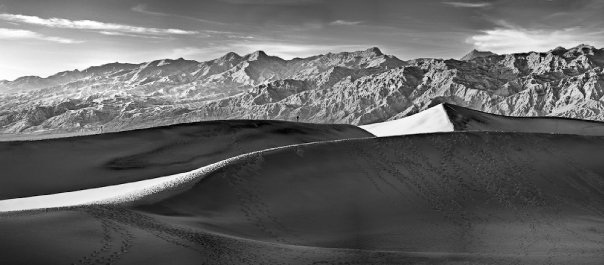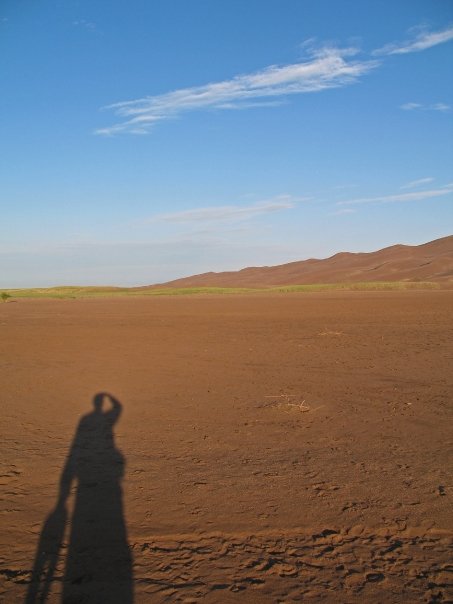Why Words Matter, in the Words of Diane Ackerman: An Excerpt from “Language at Play”
July 11, 2011 11 Comments
The following is an excerpt from “Language at Play,” an essay by Diane Ackerman about the power and use of language, and the role poetry plays in all of our lives. She says it better than I could. This is the kind of writing that paralyzes me and that I can only react to after it has lived inside of me for a while. Enjoy!
We ask the poet to reassure us by giving us a geometry of living, in which all things add up and cohere, to tell us how things buttress one another, circle round and intermelt. Once the poet has broken life into shards, we ask him to spin around and piece it back together again, making life seem even more fluid than before. Now it is a fluency of particulars instead of a nebulous surging. We ask the poet to compress and abbreviate the chaos so we don’t overload from its waterfall of sensations, all of which we nonetheless wish somehow to take in.
Every poem is a game, a ritual dance with words. In the separate world of the artwork, the poet moves in a waking trance. By its nature, poetry and all art is ceremonial, which we sometimes forget, except perhaps when we think of the Neolithic cave painters in the mysterium tremens of their task. Intent on one feature of life, exploring it mentally, developing it in words, a poet follows the rules of the game. Sometimes artists change the game, impose their own rules and disavow everyone else’s. Then they become an ist among the isms. But there are always rules, always tremendous concentration, entrancement and exaltation, always the tension of spontaneity caged by restriction, always risk of failure and humiliation, always the drumbeat of rituals, always the willingness to be shaken to the core.
Once, after a lecture, a woman asked why accomplished scientists and prose writers (such as Loren Eisely), who turned to poetry late in life, were such poor poets. Is it easier to switch from poetry to prose than from prose to poetry? she wondered. I don’t think the genre is what matters, but the time of life. If you read the first book by famous scientists–J. B. S. Haldane, Werner Heisenberg, Francis Crick, Fred Hoyle–you find minds full of passion and wonder. Those books are thrilling to read because mystery is alive in them, and they are blessed by a youthful, free-flowing enthusiasm. But in later books these same people become obsessed with politics and sociology; their books are still of intellectual interest, but they’ve lost the sense of marvel. Those who stay poets all of their lives continue to live in that youthful state, as open and vulnerable and potentially damaging as it can be.
I suppose what most people associate with poetry is soul-searching and fiercely felt emotions. We expect the poet to be a monger of intensity, to pain for us, to reach into the campfire so that we can watch without burning ourselves. Because poets feel what we’re afraid to feel, venture where we’re reluctant to go, we learn from their journeys without taking the dramatic risks. We cherish the insights that poets discover. We’d love to relish the moment and feel rampant amazement as the seasons unfold. We yearn to explore the subtleties, paradoxes, and edges of emotions. We long to see the human condition reveal itself with spellbinding clarity. Think of all the lessons to be learned from deep rapture, danger, tumult, romance, intuition–but it’s far too exhausting to live like that on a daily basis, so we ask artists to feel and explore for us. Daring to take intellectual and emotional chances, poets live on their senses. In promoting a fight of his, a boxer once said: “I’m in the hurt business.” In a different way, artists are too.
And yet, through their eyes–perhaps because they risk so much–we discover breathtaking views of the human pageant. Borrowing the lens of an artist’s sensibility, we see the world in a richer way–more familiar than we thought, and stranger than we knew, a world laced with wonder. Sometimes we need to be taught how and where to seek wonder, but it’s always there, waiting, full of mystery and magic. I feel that much of my own duty as a writer is to open those doors of vision, shine light into those dark corners of existence, and search for the fountains of innocence.
The world is drenched with color and nature is full of spectacles. you would think that would be enough. yet we are driven to add even more sensations to the world, to make our thoughts and feelings available in words. We use words for many reasons. As a form of praise and celebration. To impose an order on the formless clamor of the world. As a magical intermediary between us and the hostile, unpredictable universe. For religious reasons, in worship. For spiritual reasons, to commune with others. To temporarily stop a world that seems too fast, too random, too chaotic. To help locate ourselves in nature and give us a sense of home. Words bring patterns, meaning, and perspective to life. We keep trying to sum life up, to frame small parts of it, to break it into eye-gulps, into word-morsels that are easier to digest. Sometimes words allow us to put ourselves in harmony with the universe, to find a balance, however briefly, in life’s hurricane. They make it possible not only to communicate with one another but to do it in a way that may change someone’s life.
Isn’t it odd that one big-brained animal can alter the course of another’s life, change what the other sees when it looks at its reflection in a mirror, or in the mind’s mirror? And do that by using the confection of words. What sort of beings are we who set off on symbolic pilgrimages, pause at mental towns, encounter others who–sometimes without knowing it–can divert or redirect us for years? What unlikely and magical creatures. Who could know them in a lifetime? When I start thinking like this, in words, wonder shoots its rivets into my bones. I feel lit by a sense of grace, and all my thoughts turn to praise.
*This excerpt is from pp. 184-187 of In Fact: The Best of Creative Nonfiction. The rest of Ackerman’s essay is well worth reading, as are the other essays included in the book.






